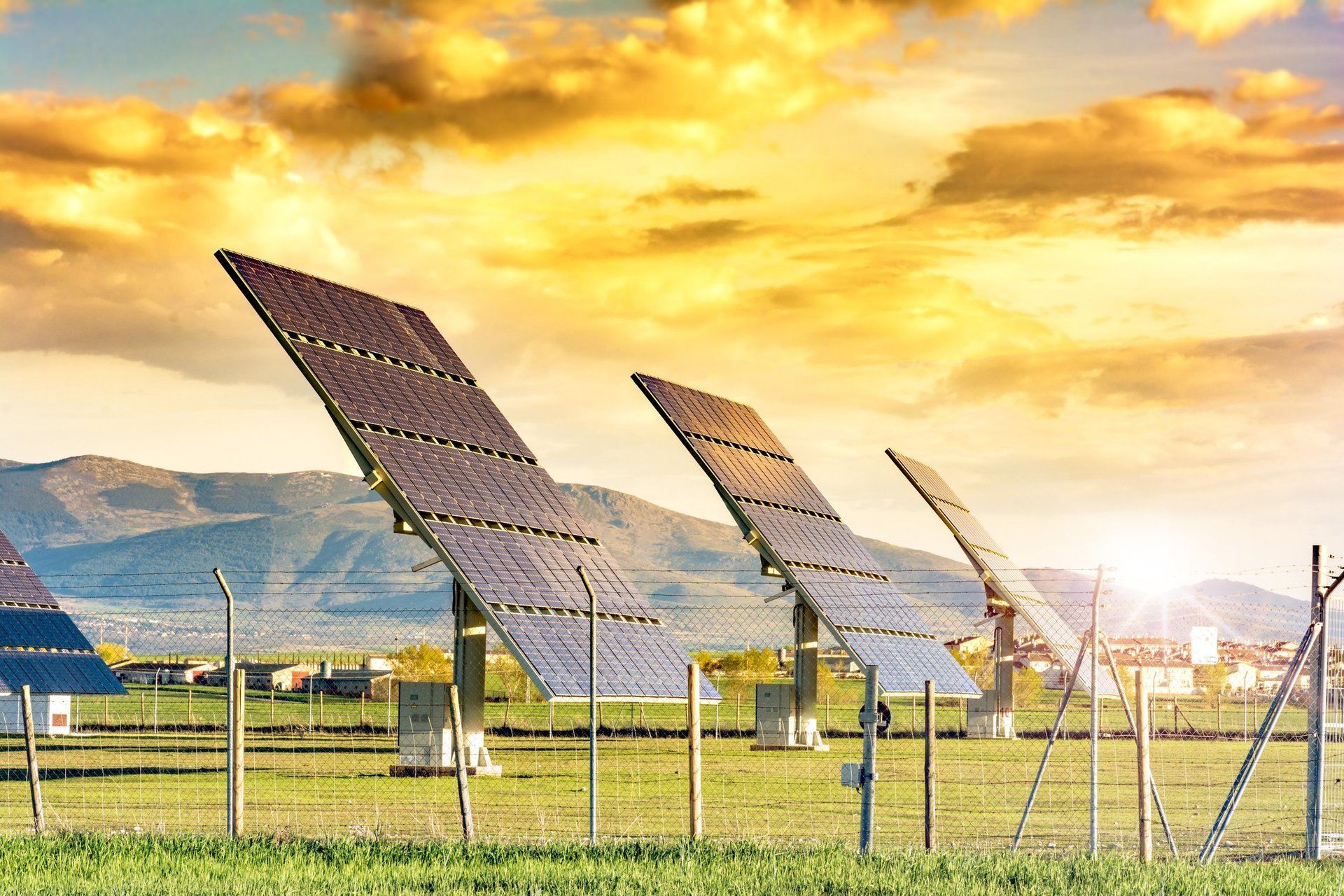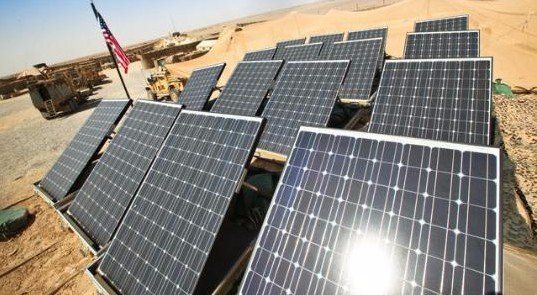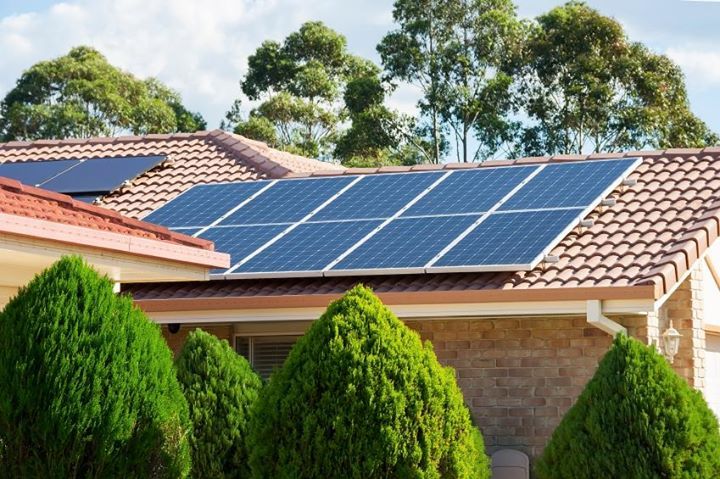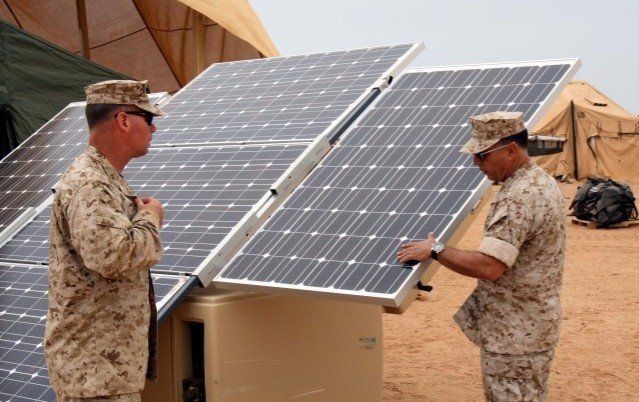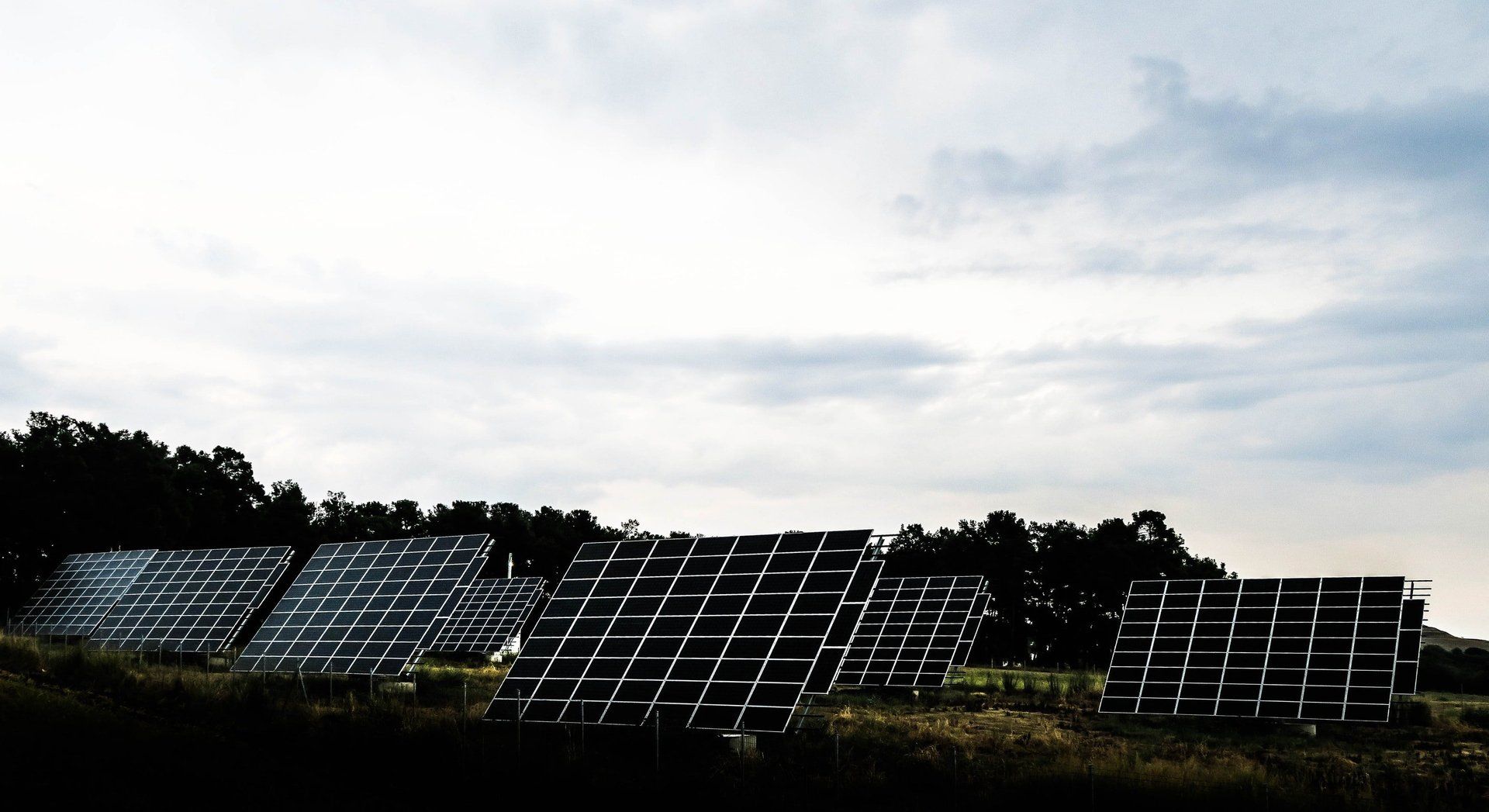
HOAs and Solar Panel Installations
- By 7041857947
- •
- 19 Jul, 2017
- •
Homeowner's associations can be difficult when it comes to home improvement projects. Luckily, there are solar access laws in place that override your HOA contract.
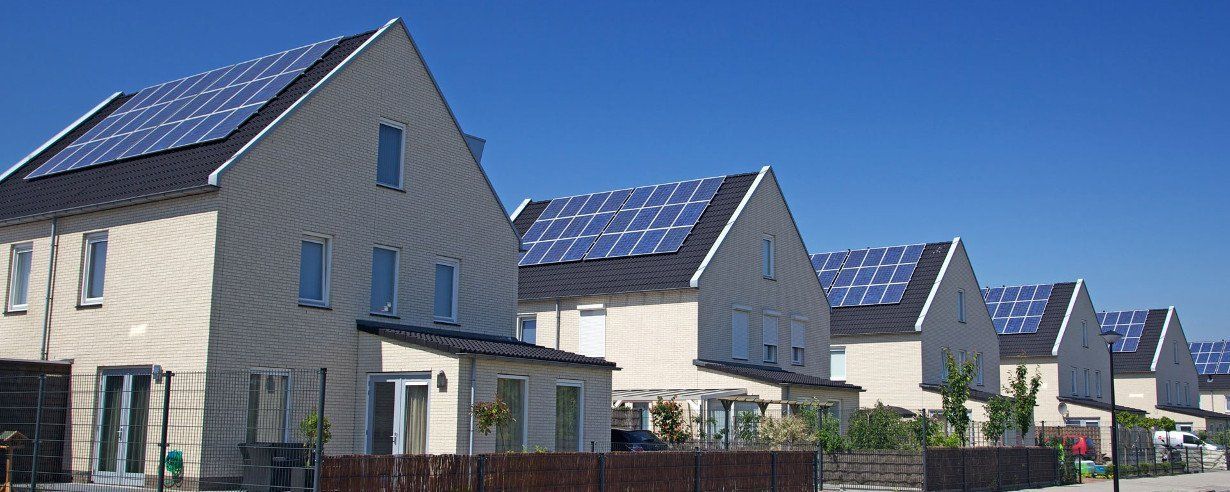
HOAs and Solar
If you live in a neighborhood with a homeowner’s association (HOA), you are most likely aware that you need permission for certain alterations and home improvement projects. Luckily, when it comes to solar panels, HOAs no longer have complete autonomy in dictating whether or not you can install solar.
About twenty four states, including Texas, have solar access laws that limit HOAs from banning solar panels. These laws override the HOA contract that restricts you from going solar. There are two types of solar access rights that protect a homeowner’s right to install solar: solar access laws and solar easements. They both protect your right to harness energy from the sun but address different concerns.
Solar Access Laws
These are state-level laws that prohibit or limit restrictions on solar installation. In Texas, an HOA cannot legally prohibit a homeowner from installing solar on their property. While these laws protect a homeowner from being denied their right to install solar, HOAs still have the ability to place restrictions on where and how it is installed.
Texas Property Code 202.010 states that HOAs are not allowed to include or enforce provisions within their regulations, covenants, or by-laws that prohibit or restrict homeowners from installing a solar energy device. While this protects a homeowner’s right to go solar, there are still several caveats that allow HOAs to regulate the installation of solar panels in certain situations. The law also stipulates that the HOA may designate where the panels should be located on the roof. A way around that is for the homeowner to show that the designation hinders the performance of the solar panels.
Under a new law that went into effect on September 1, 2015, residential developments with more than fifty homes are prohibited from banning or restricting homeowners from installing solar panels. This means that residents of continuously growing subdivisions no longer have to wait for the developer to finish construction before installing solar.
Residents in historic districts may also face challenges when it comes to installation restrictions. These restrictions vary by district and property, however they typically include stipulations that protect the structure and aesthetics of the property. In Austin specifically, Austin City Code 25-2-356 allows historic districts to incorporate sustainability measures such as solar technologies and other energy efficiency measures.
While a property owner’s right to install solar cannot be denied, restrictions placed on the placement or aesthetics of the panels can make it difficult, or costly, to go solar.
Solar Easements
In states with solar easements, homeowners can negotiate with their neighbors to protect their property’s access to sunlight and take measures to prevent obstructions like large trees or structures on their neighbor’s yard.
The Benefits of Installing Residential Solar Power in Texas
Texas is the second largest state in the nation with an average of 135 clear days and 2850 hours of sunshine per year offering plenty of sunlight for solar systems to harness energy from. As one of the cheapest states for solar installation, Texas offers a low cost of entry for property owners looking into solar.
In case HOA regulations are what’s stopping you from going solar, just know that, legally, your HOA cannot prohibit you from installing solar panels. They can make recommendations on how they wanted the panels to appear aesthetically and that is something that Now Energy LLC is happy to work around to ensure that you are reducing your carbon footprint and benefiting yourself financially.



Austin Location
Contact Us
Wimberley, Texas 78676

